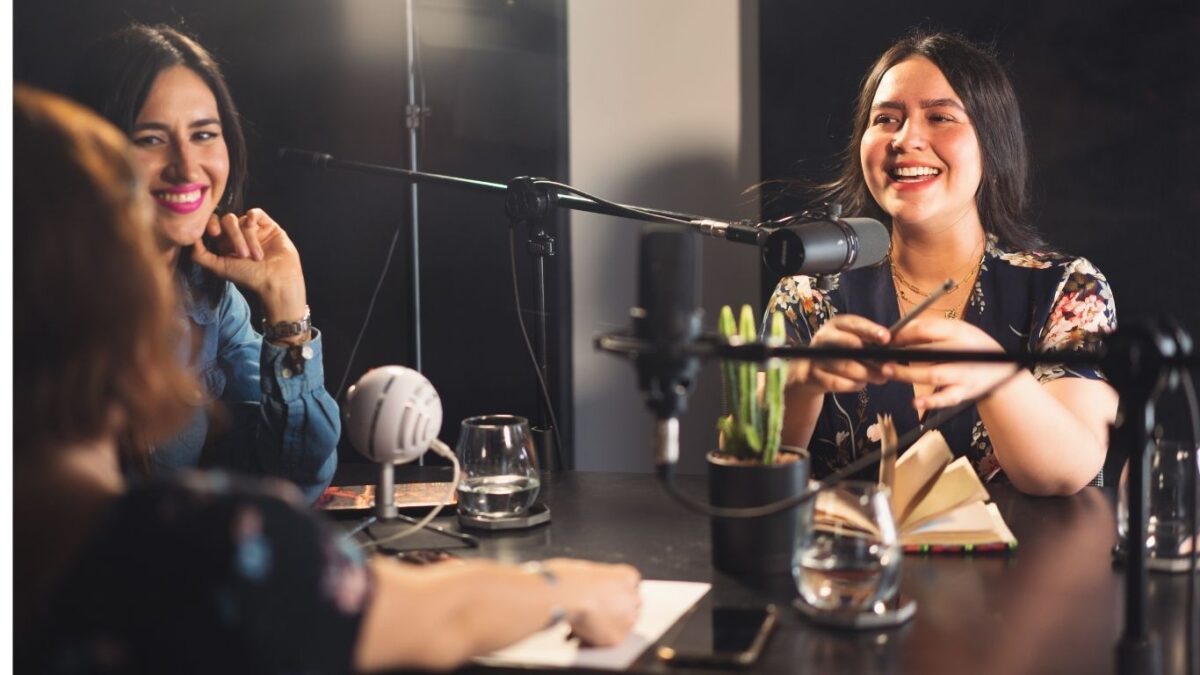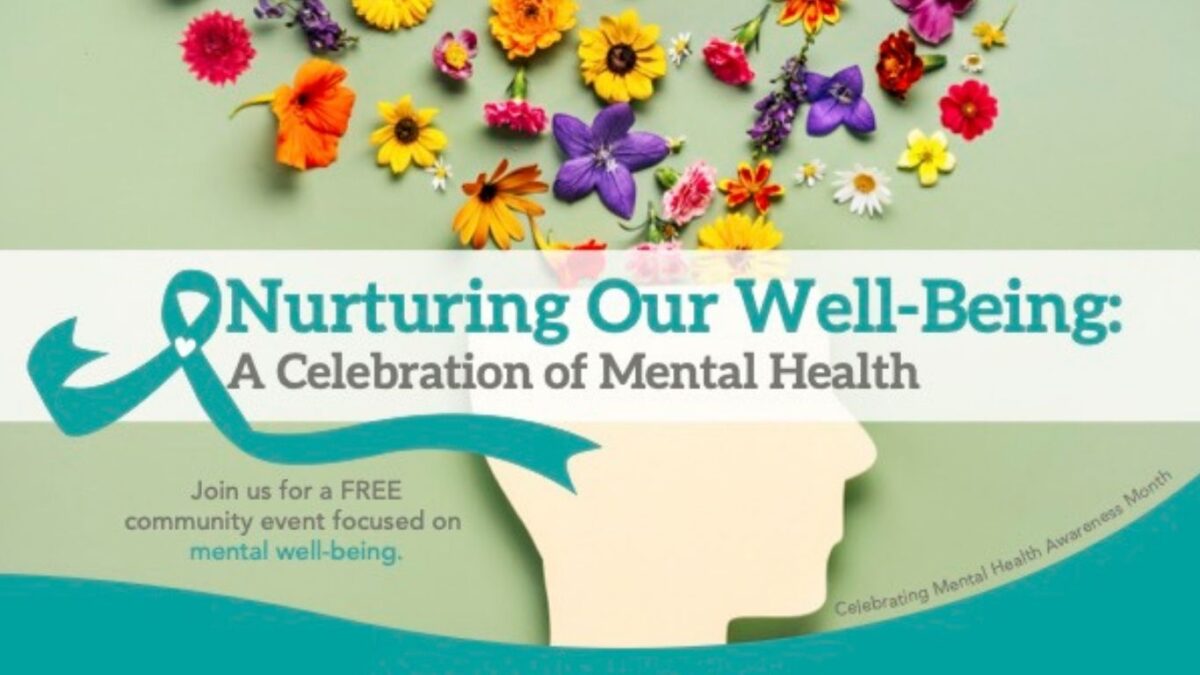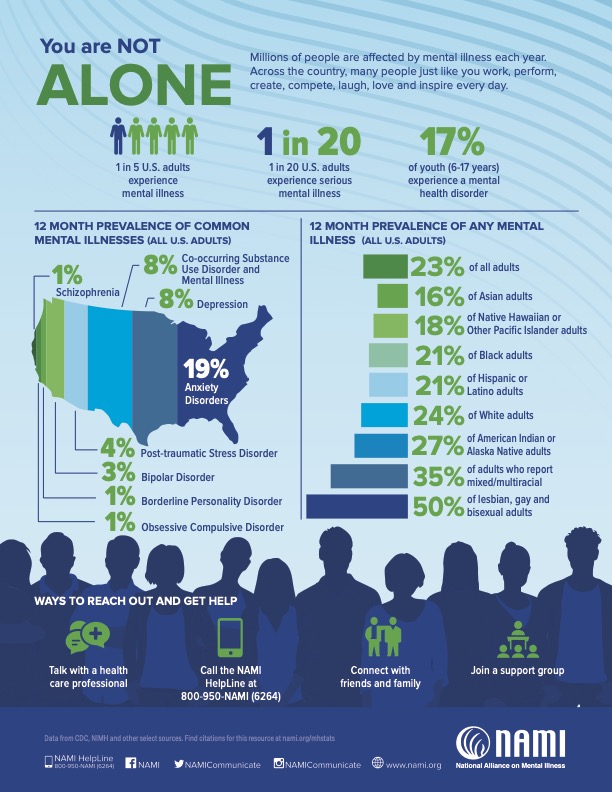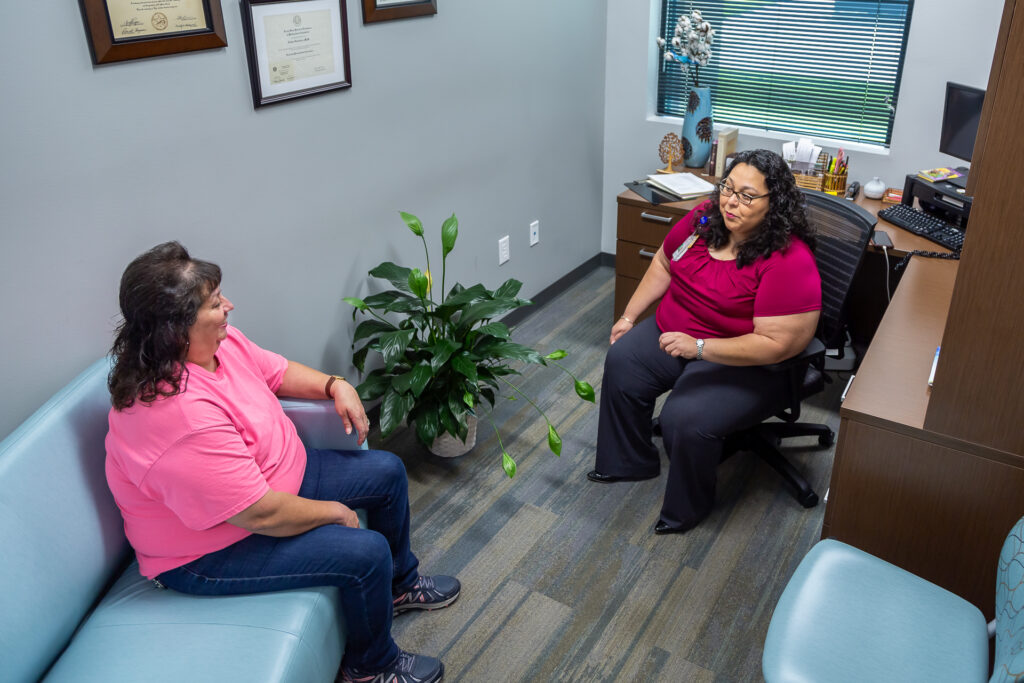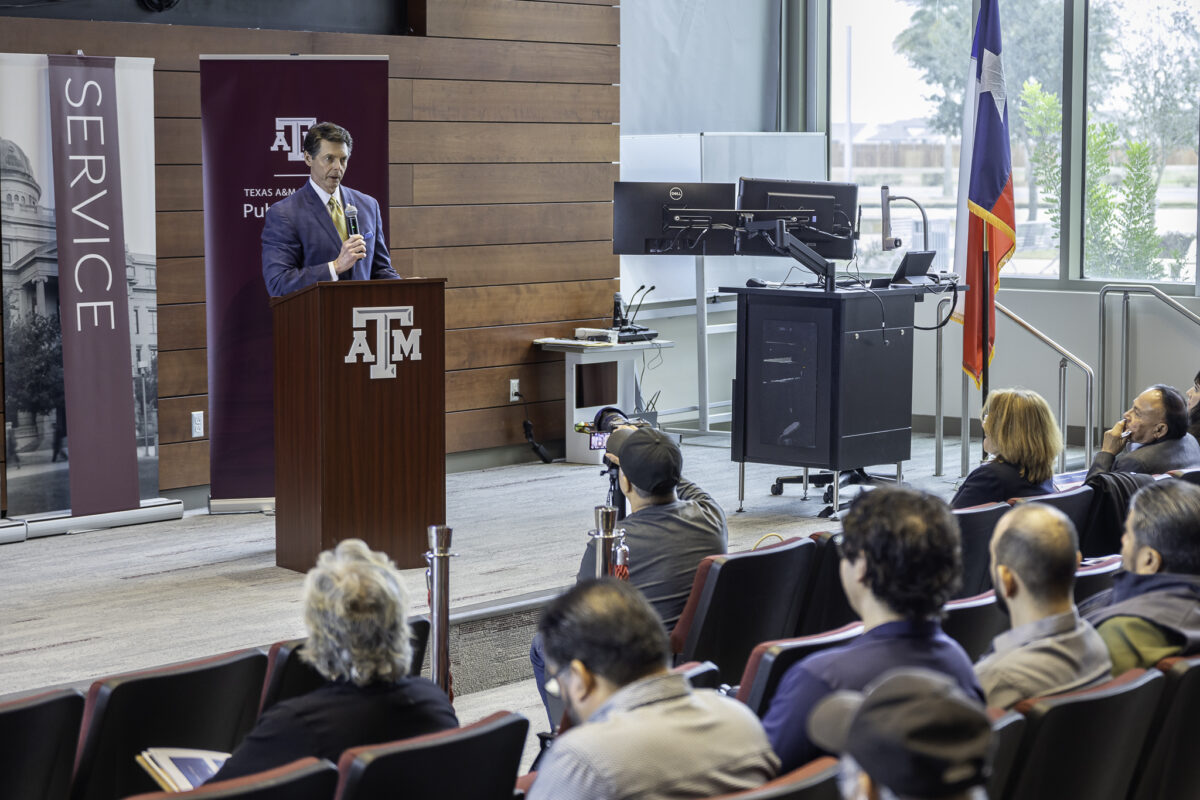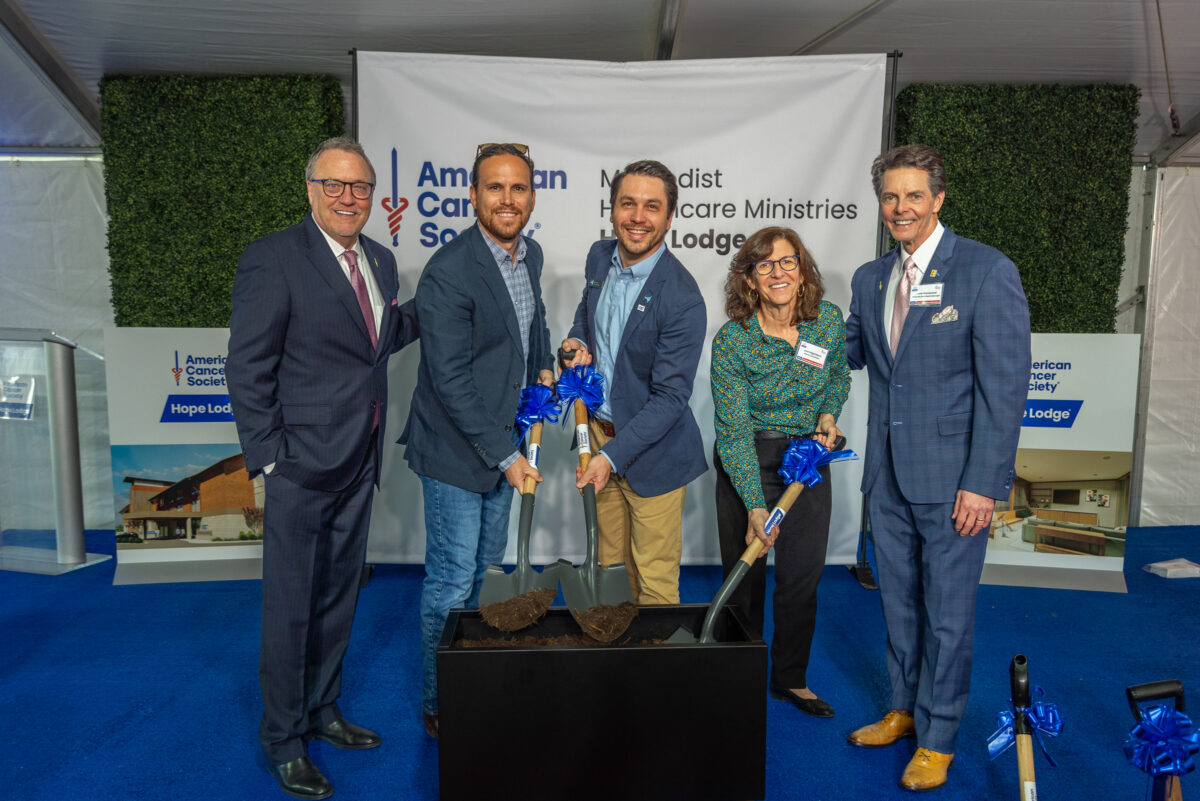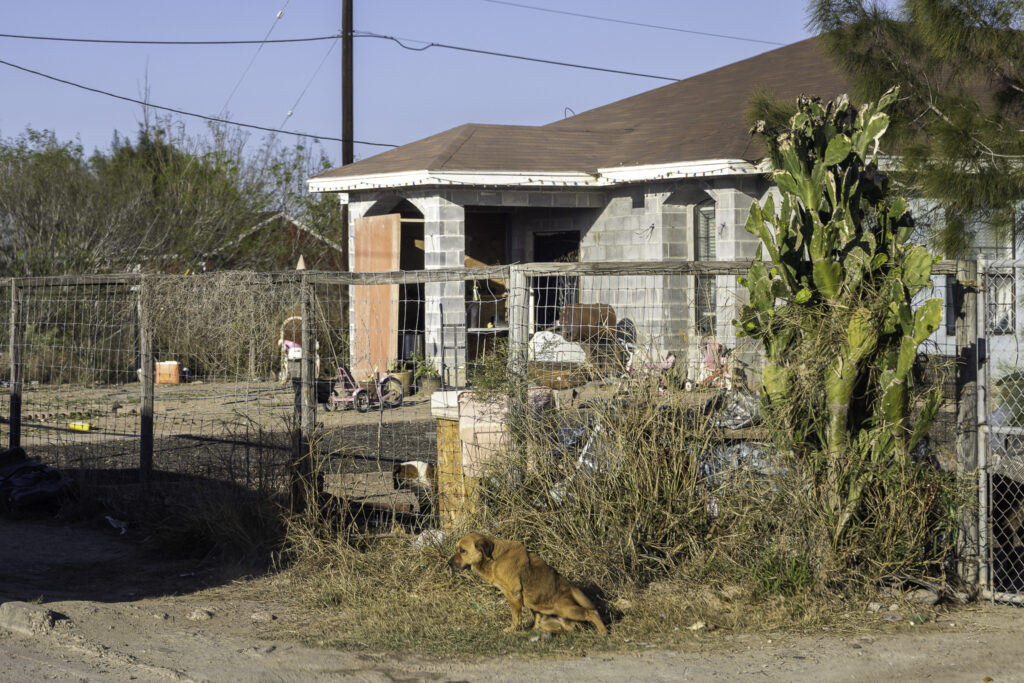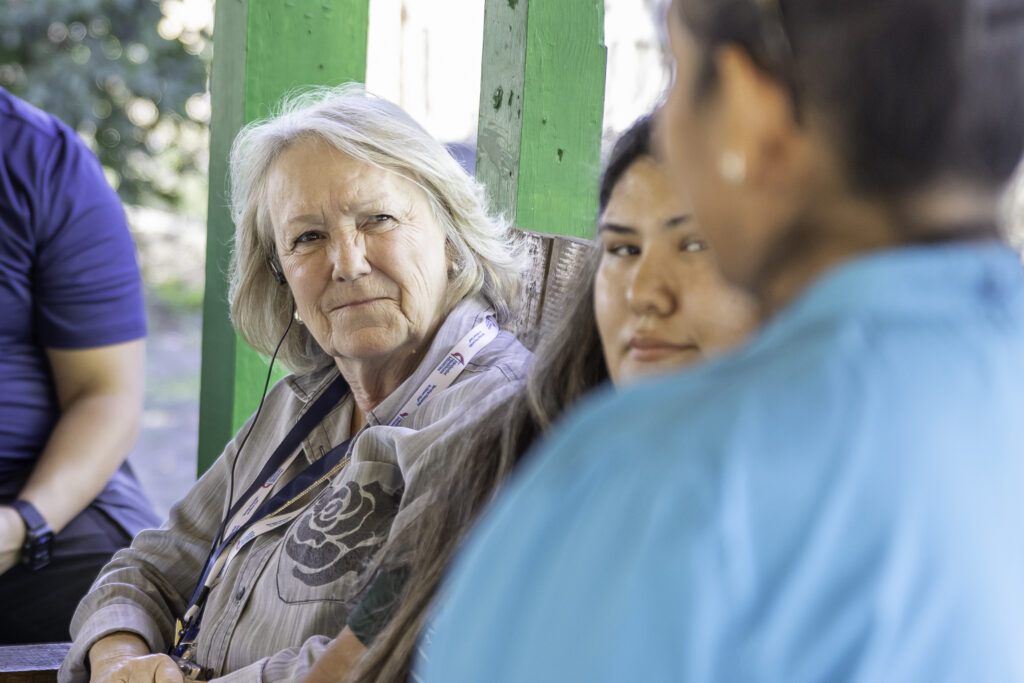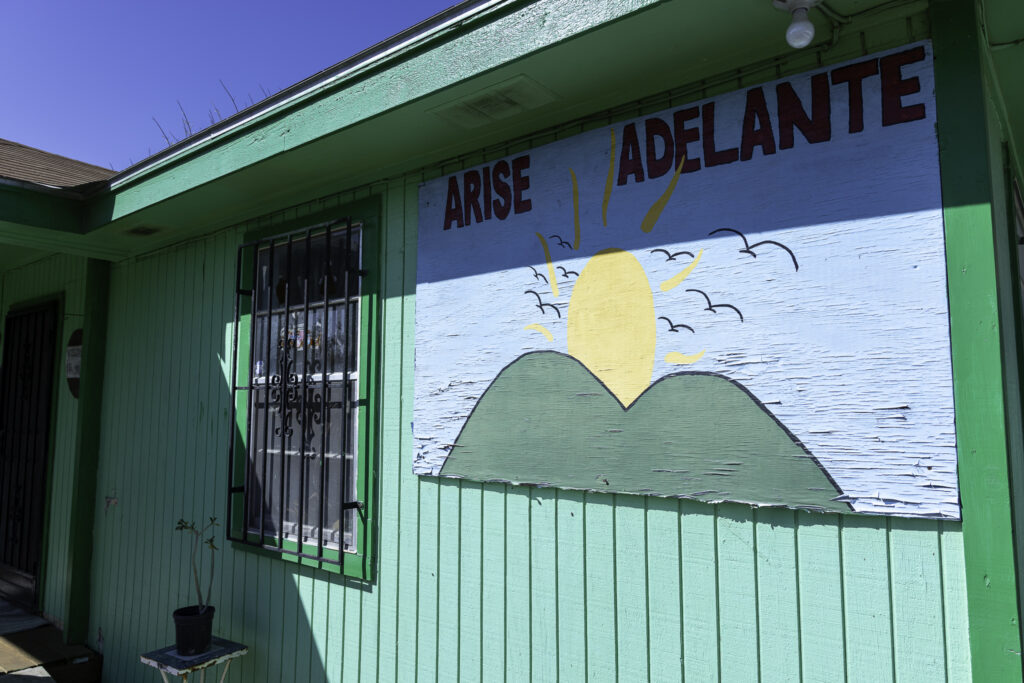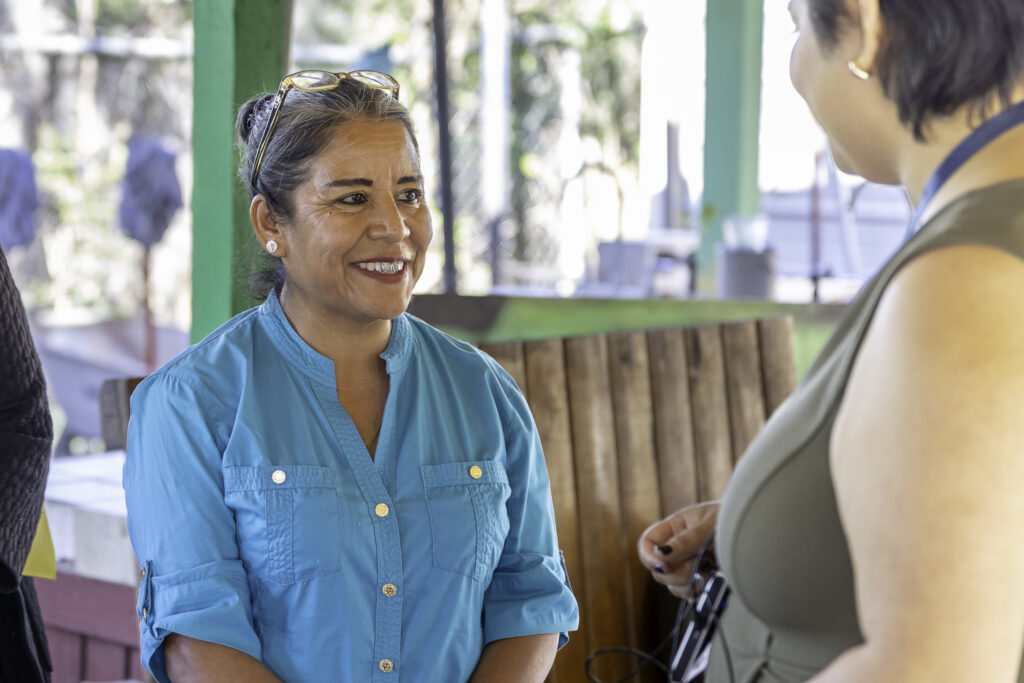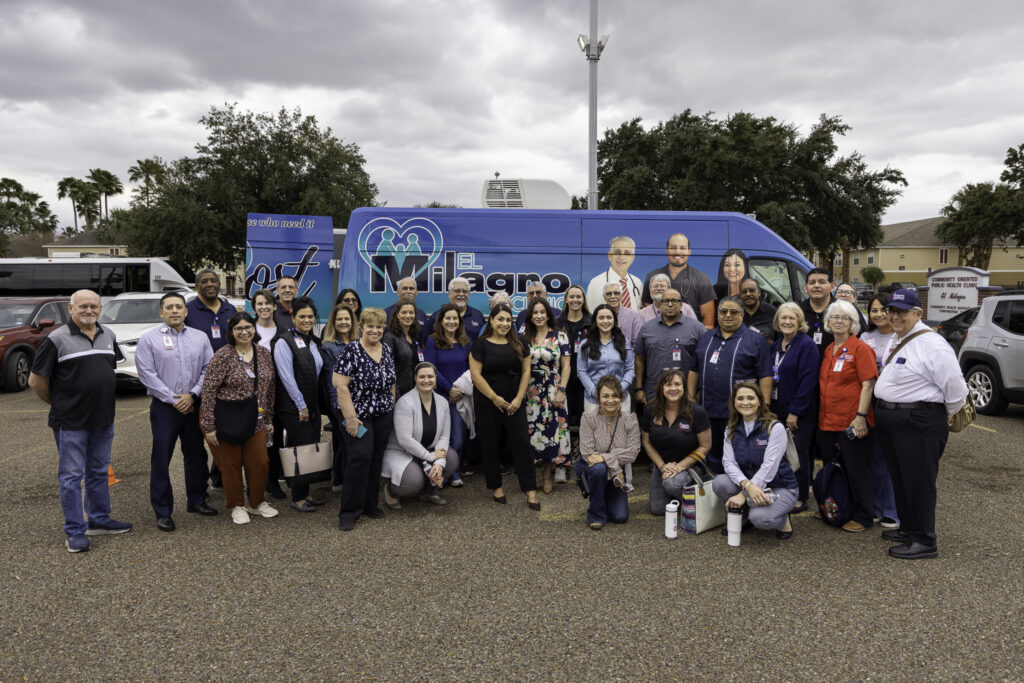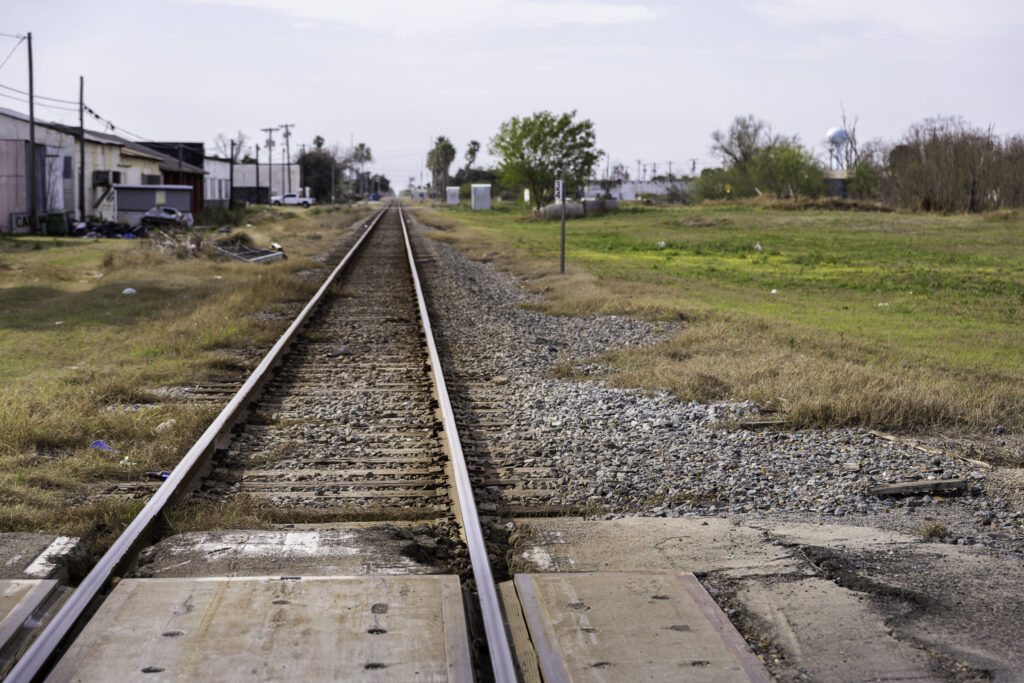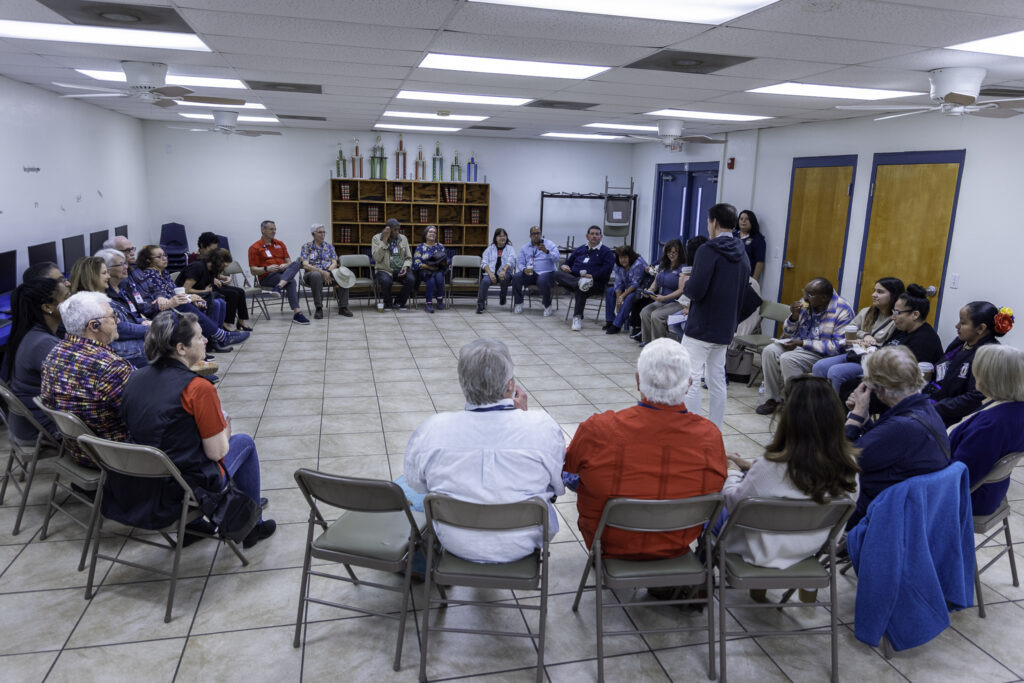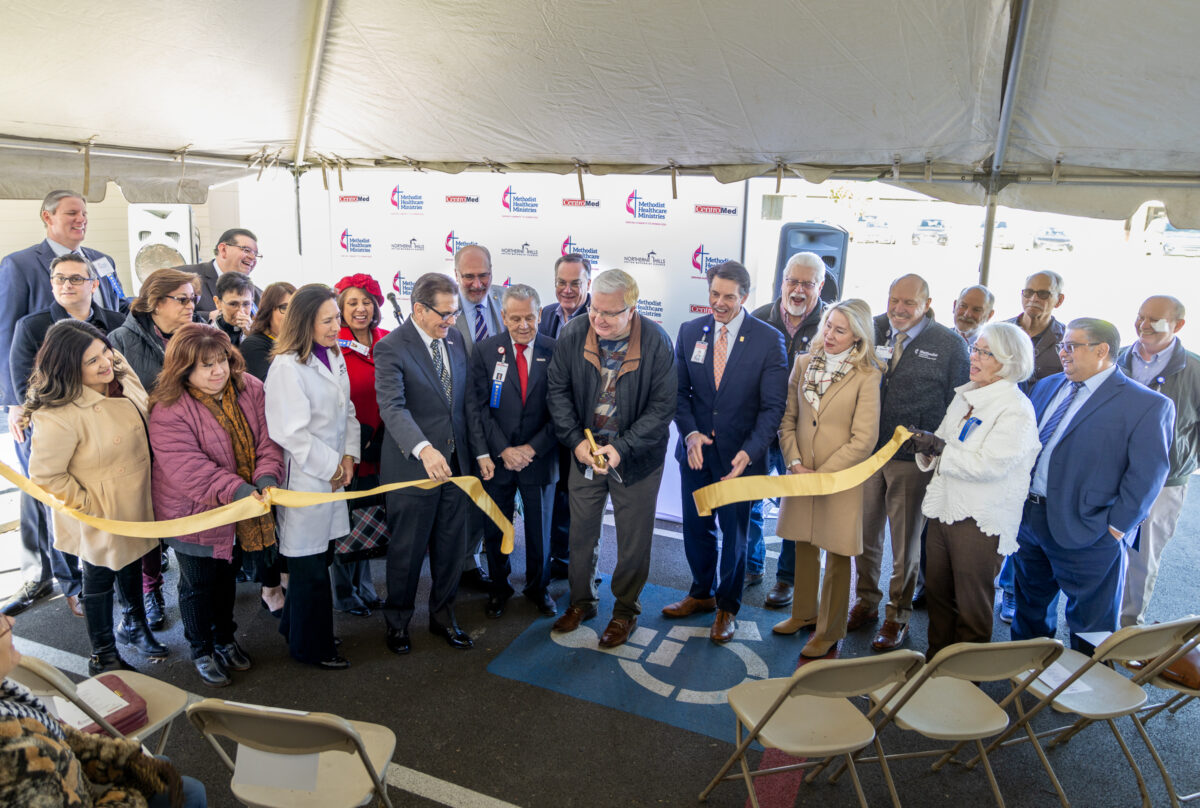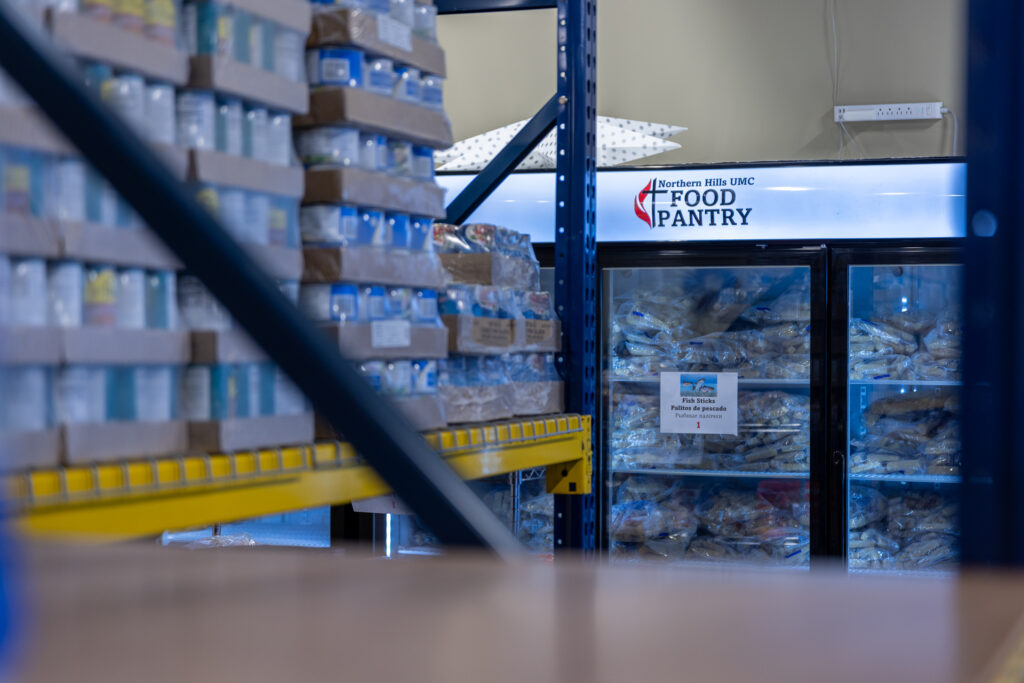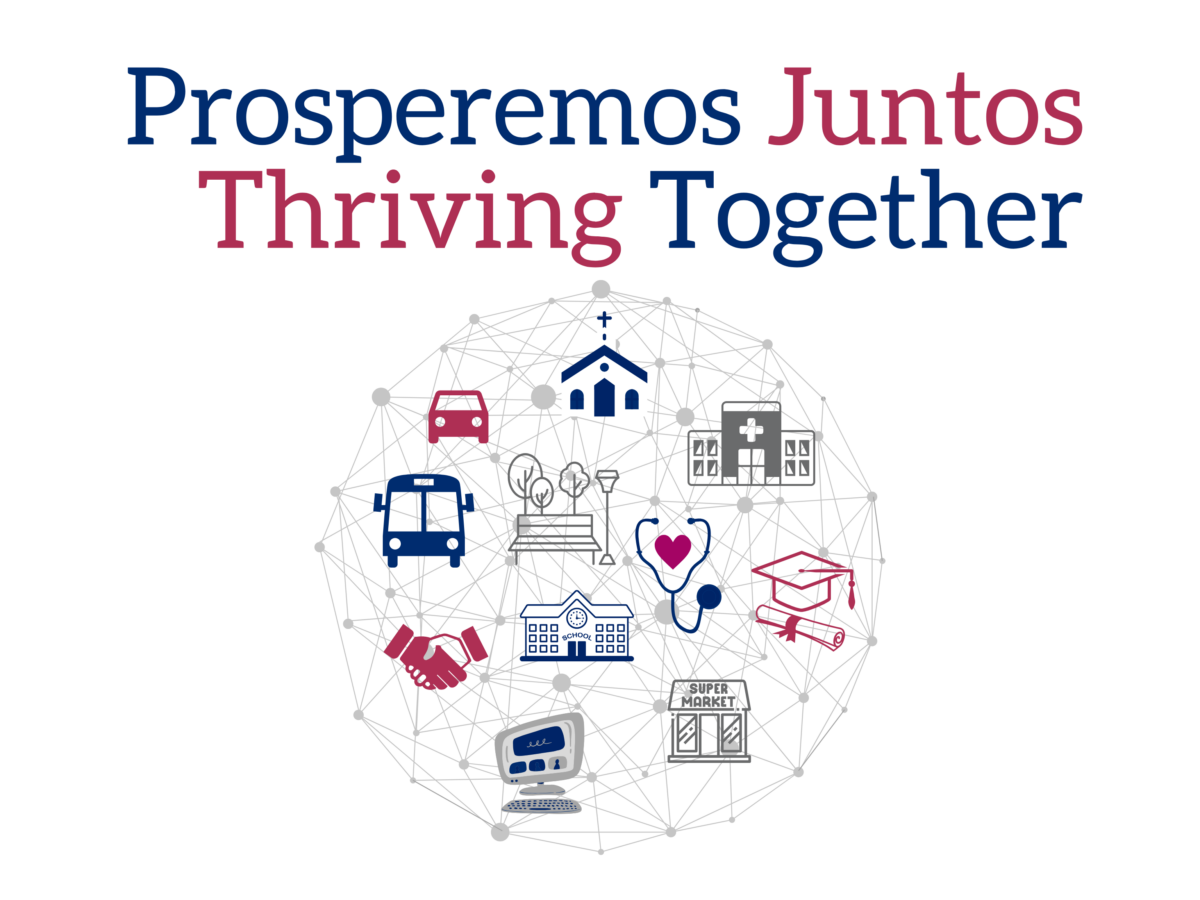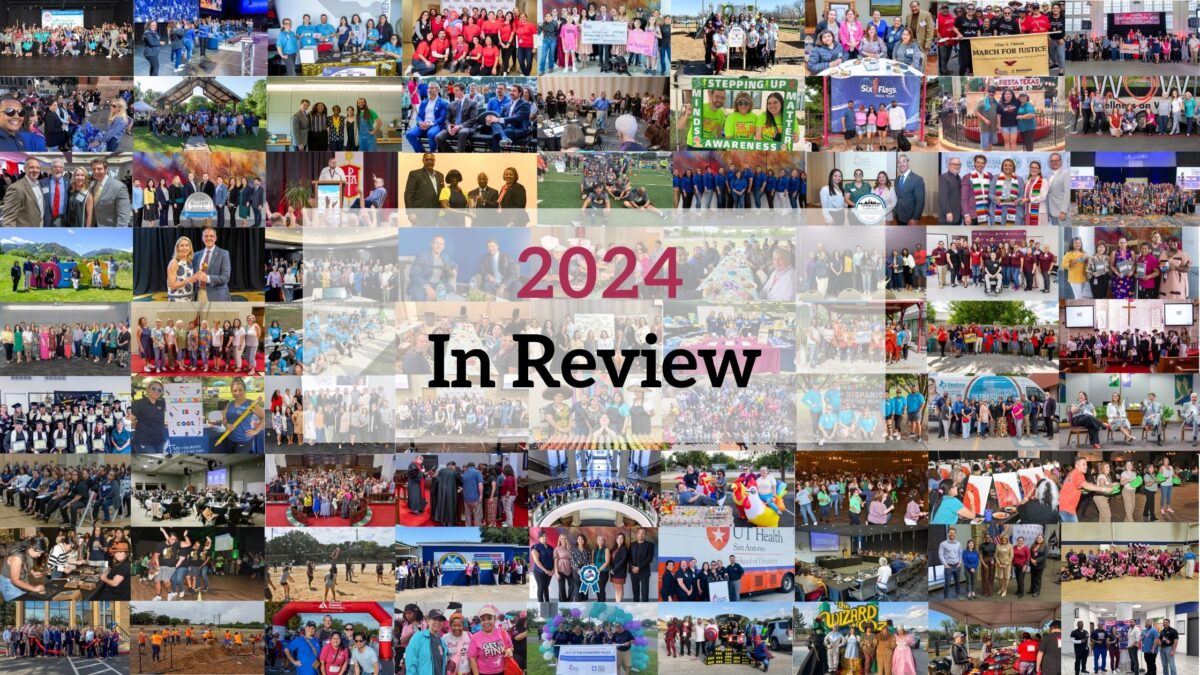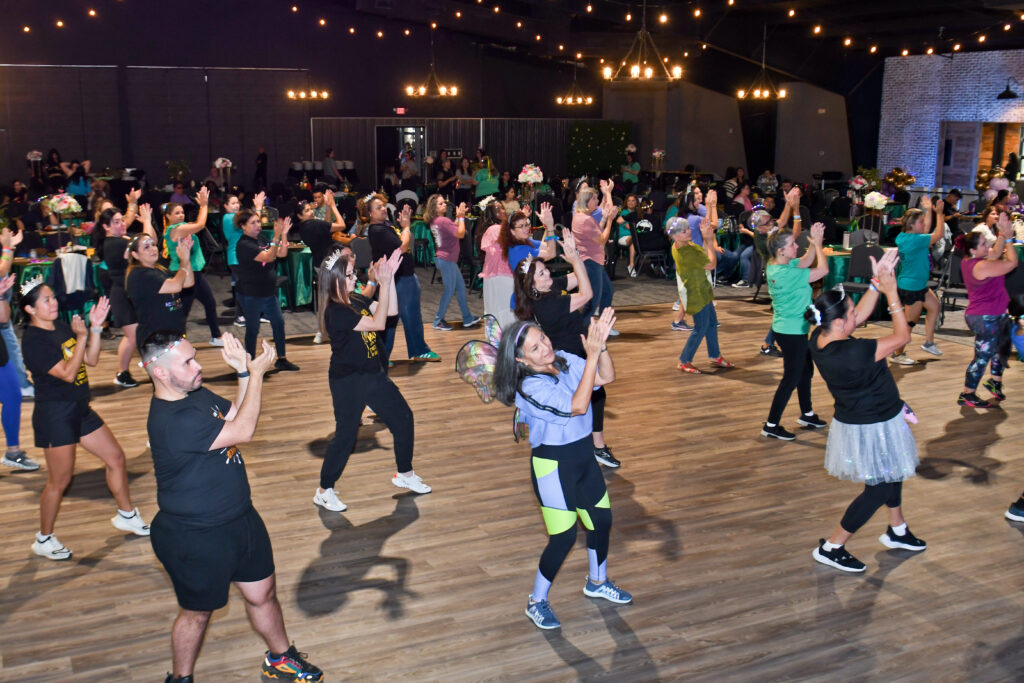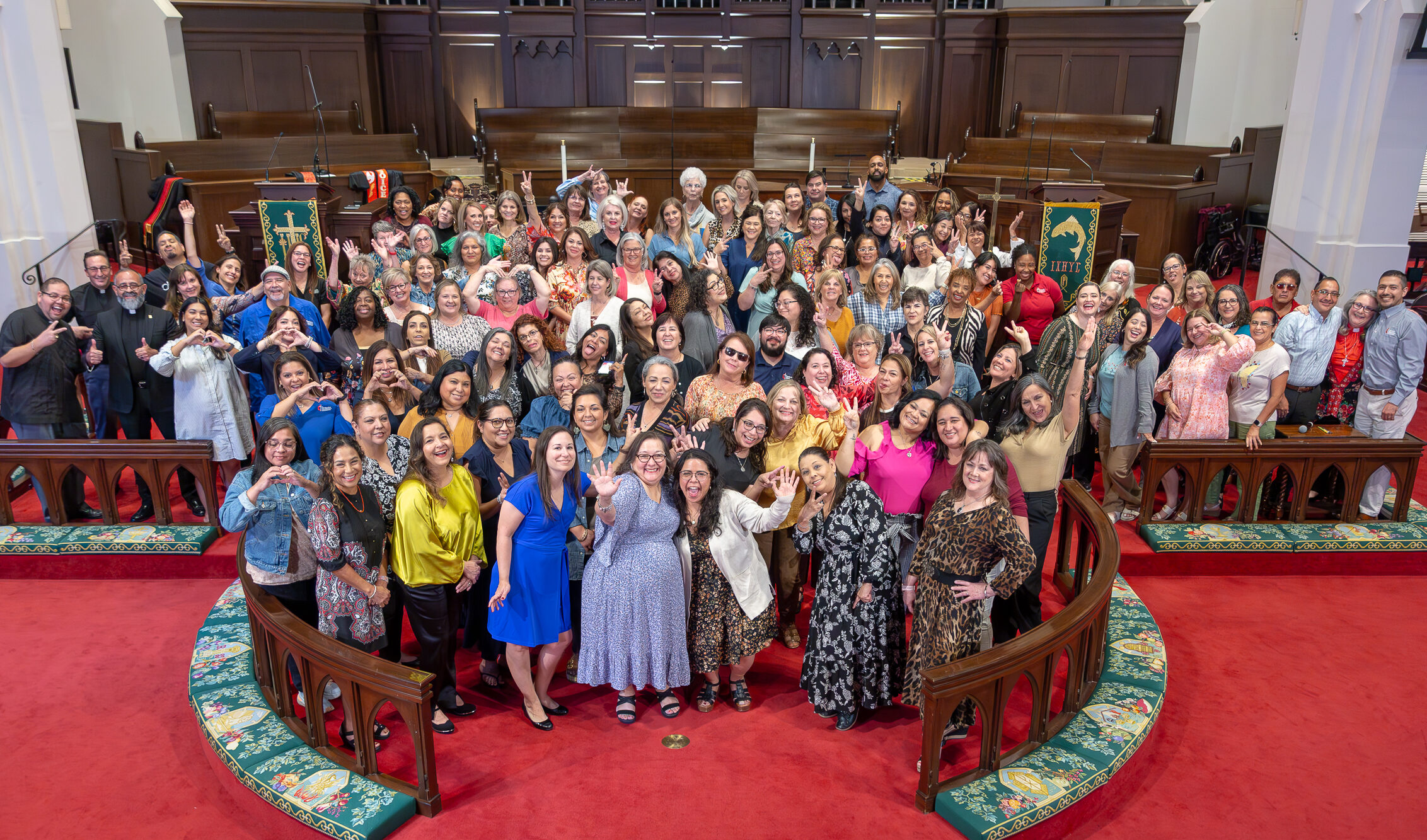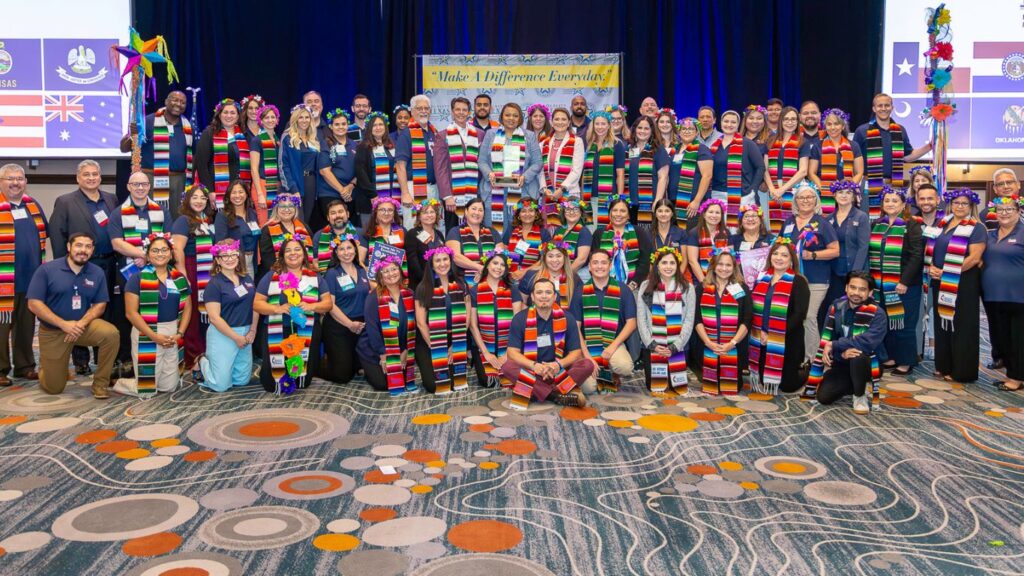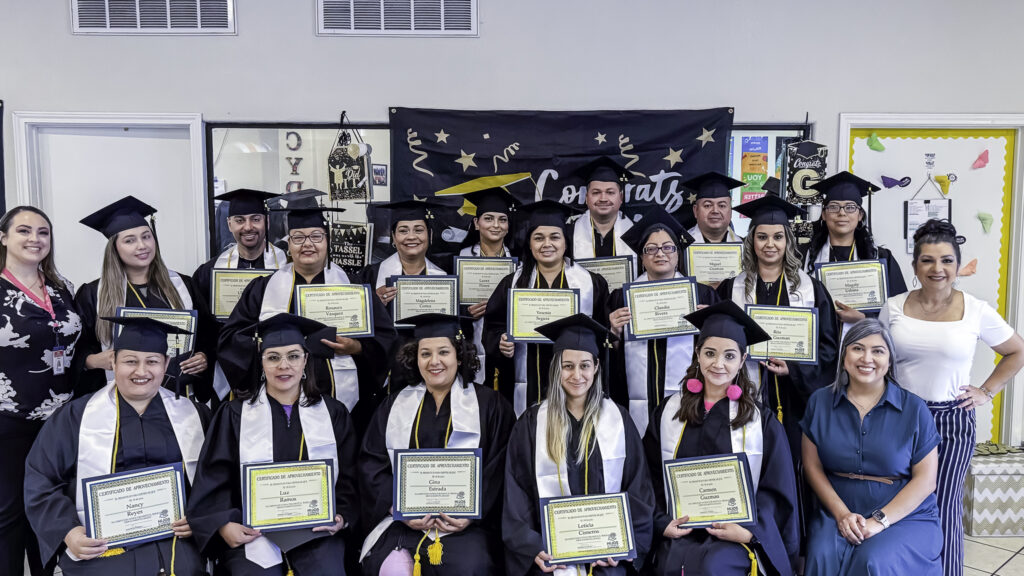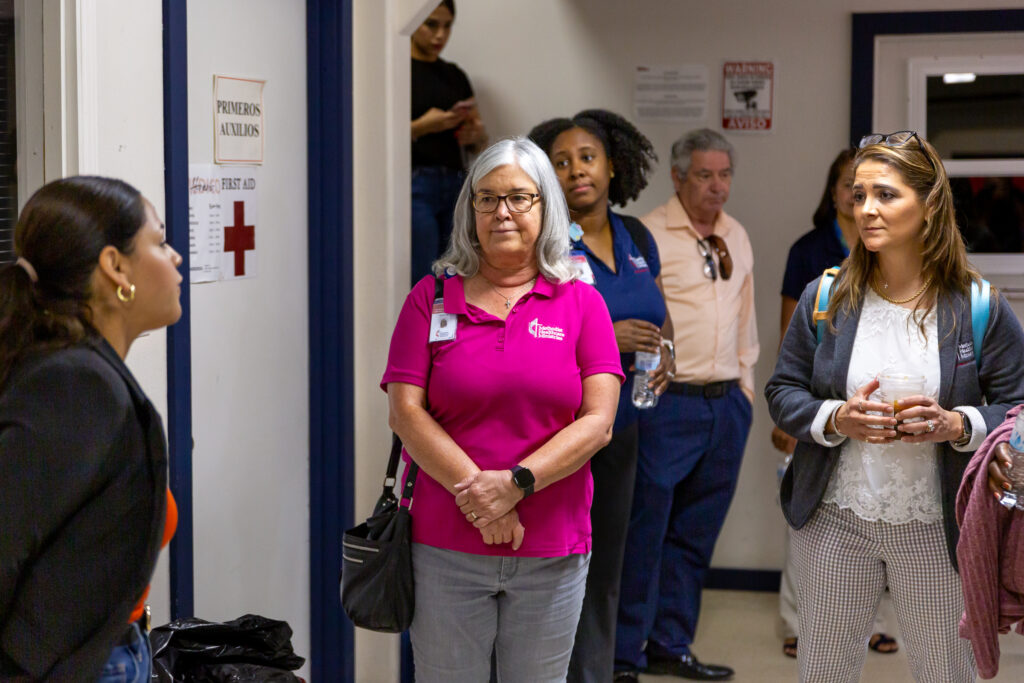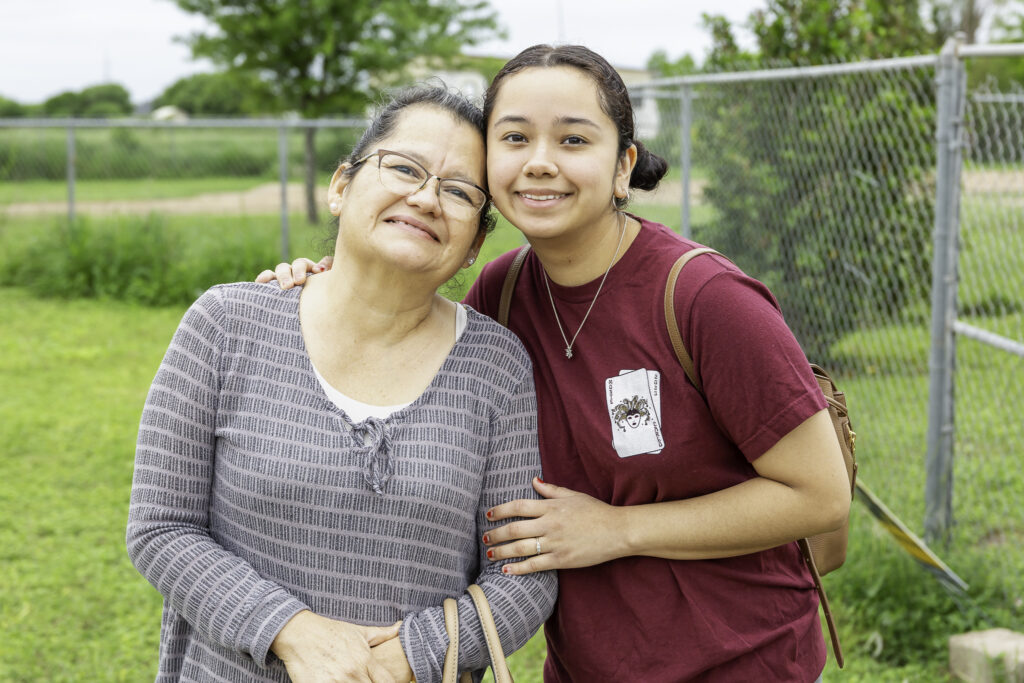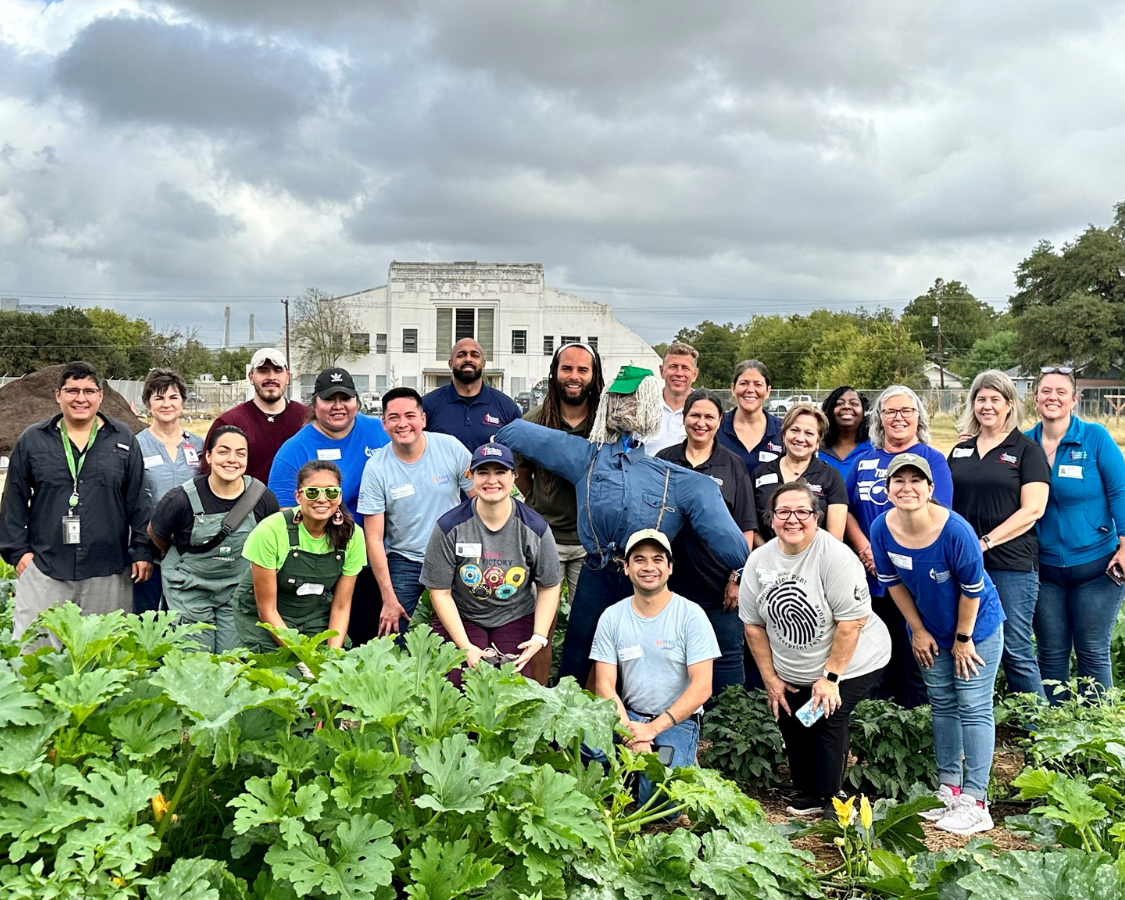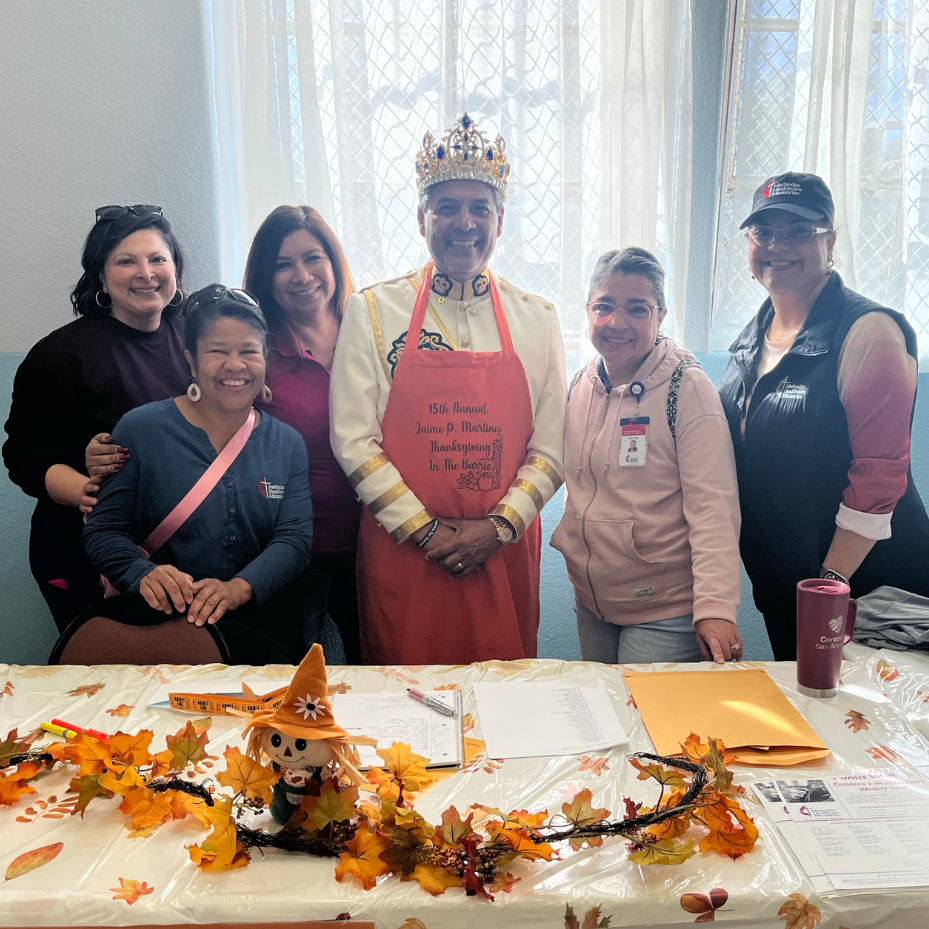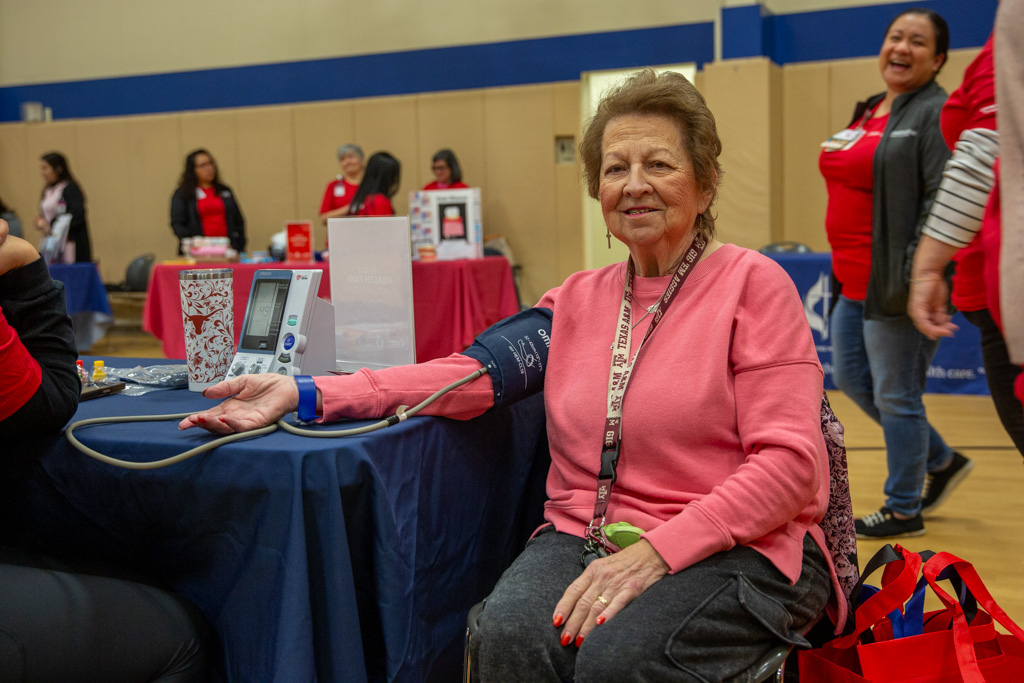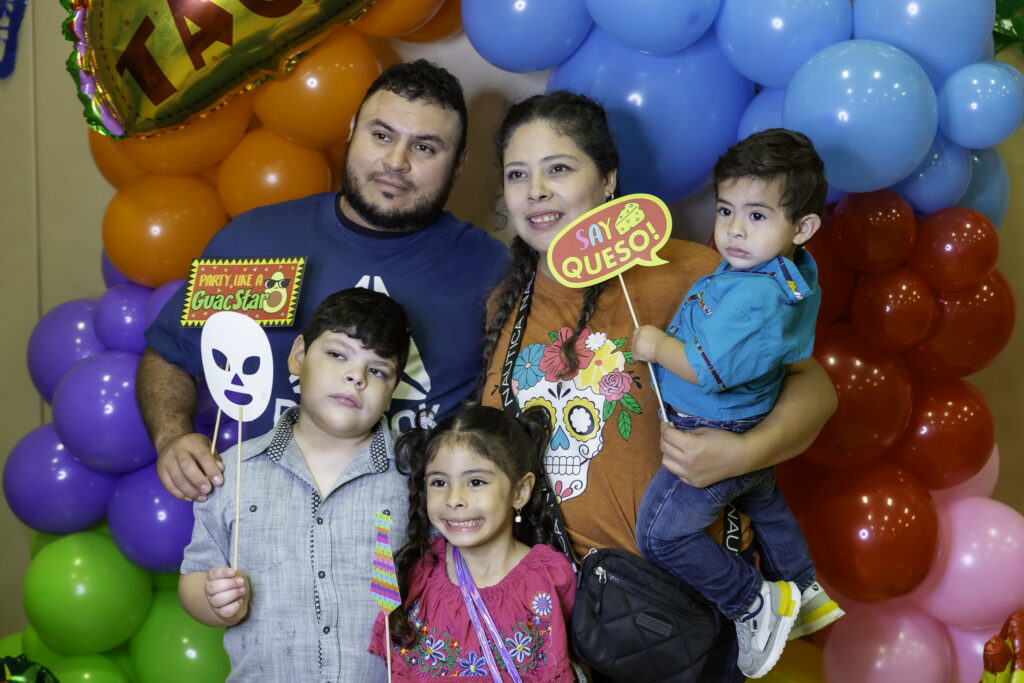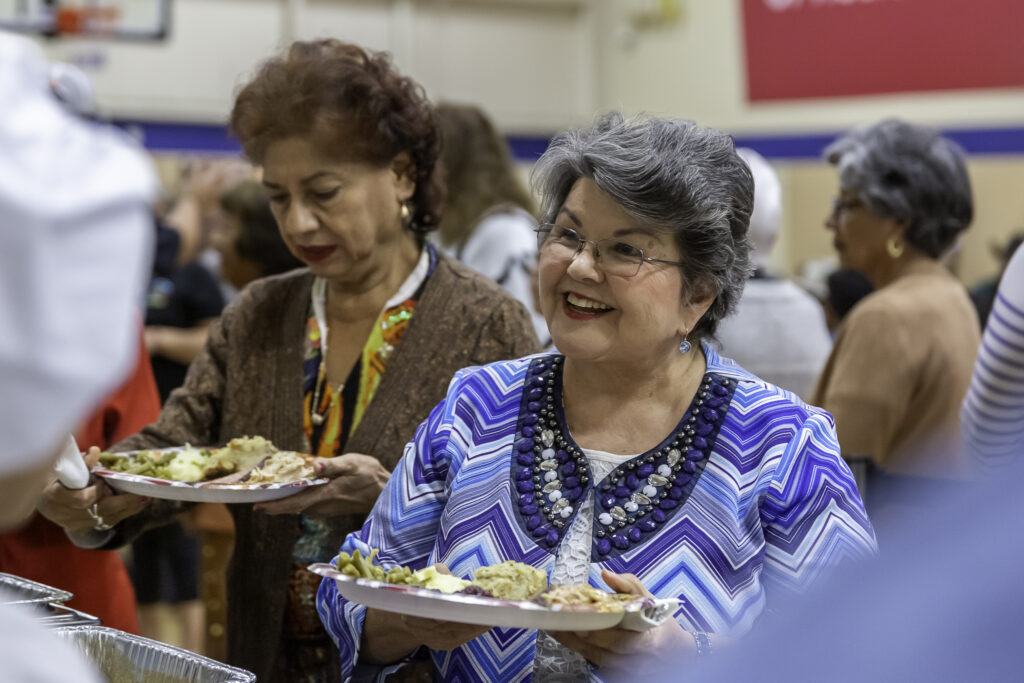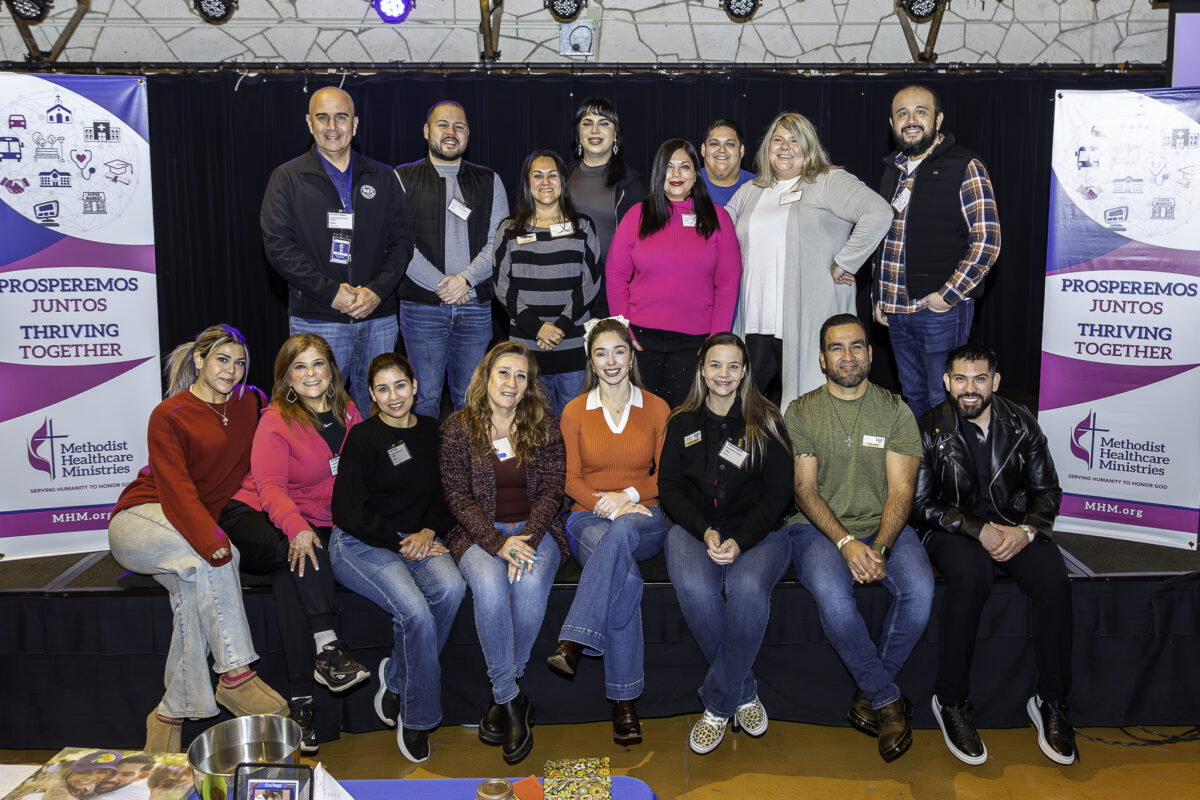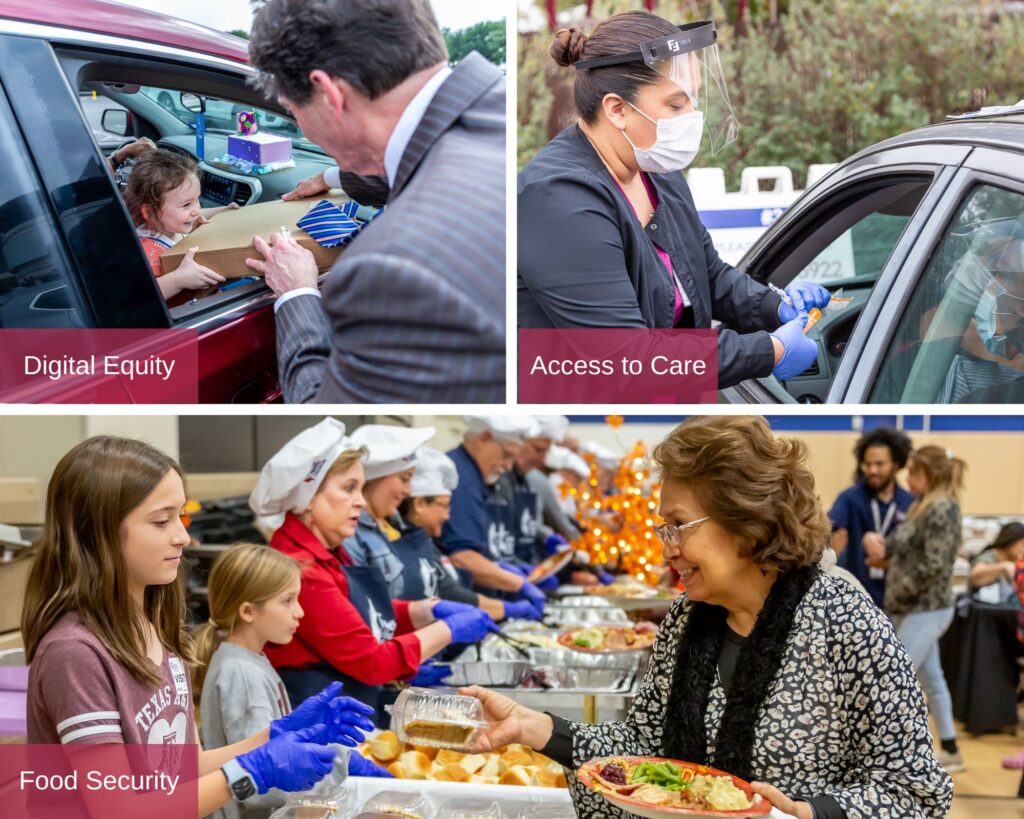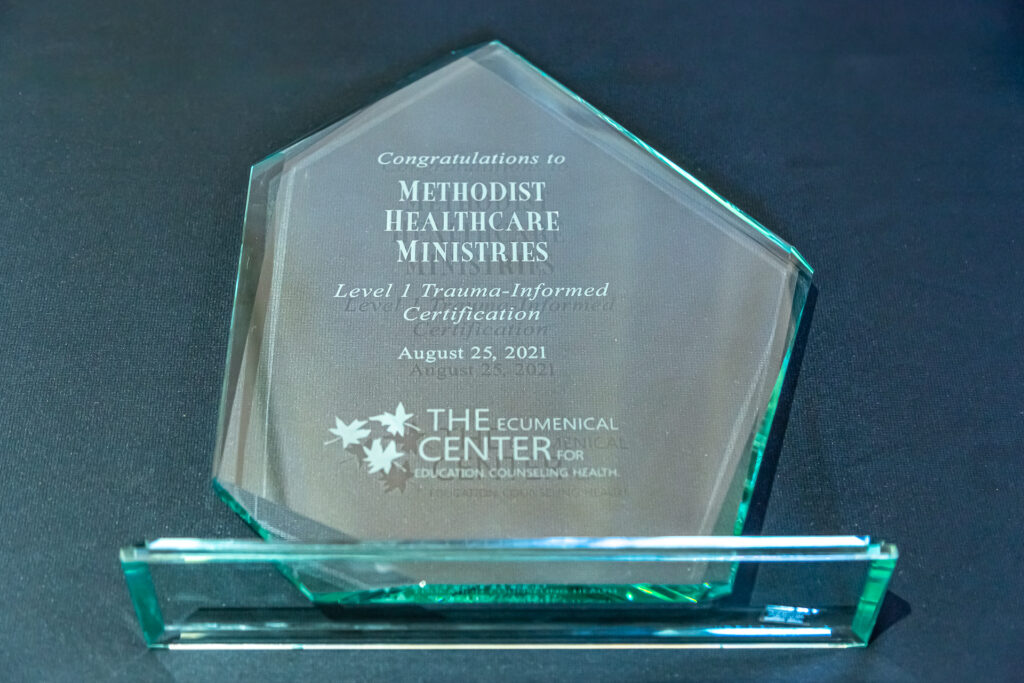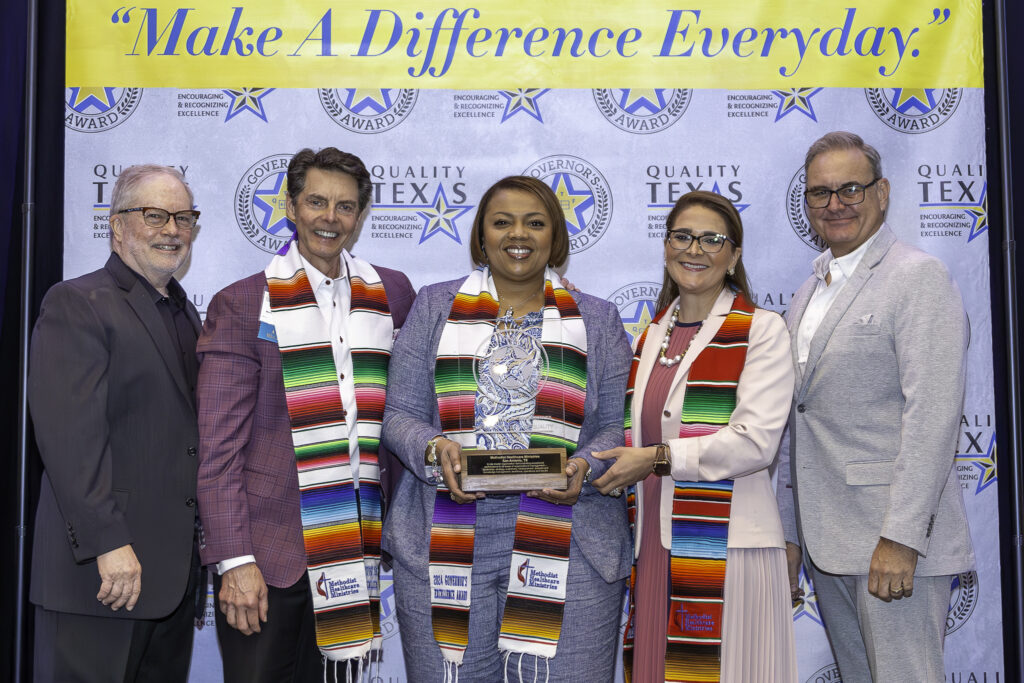Elevating Innovation: A reflection of MHM’s time at Aspen Ideas: Health
In bold-bright colors, the letters I-D-E-A-S stand tall amidst acres of greenery and towering mountains. The sign serves as a recognizable landmark for people who gather on the hillside for photos along the majestic backdrop; it is also a reminder of the power and potential of ideas. For over 20 years, bold and bright minds from around the world have convened at the Aspen Institute in Colorado for Aspen Ideas: Health (AIH). Despite their varying backgrounds and expertise, they each share a common goal – to elevate better health outcomes for all.
AIH has served as a global gathering for attendees across various sectors of government, public health, and philanthropy. Visionary thinkers and doers are brought to the stage each summer to share innovative ideas surrounding obstacles related to health, medicine, and science.
Among the 2025 list of speakers was Methodist Healthcare Ministries of South Texas, Inc. President, and CEO Jaime Wesolowski. In June, Wesolowski, along with a delegation of Methodist Healthcare Ministries’ (MHM) team members, attended the annual conference. With a mindset for continuous growth, the team spent several days attending different sessions to learn and exchange best practices with other thought leaders; fostering deeper compassion and commitment to serve the least served.
Setting the stage for powerful perspectives and big ideas:
On day one, prior to the official conference kick-off, Wesolowski sat down with ABC News Correspondent, John Quiñones, who was also MHM’s special guest at the conference. Quiñones served as keynote speaker for MHM’s 2025 Connection Point Kick-Off in February. It was there he spoke of his humble upbringing on San Antonio’s west side and the path he forged as a migrant worker to a career in national news and television. Quiñones’ lived experience resonated deeply with team members and reflected the resilience found within the communities MHM serves. The overall impact a person’s testimony can have on others became the central theme for the podcast discussion.
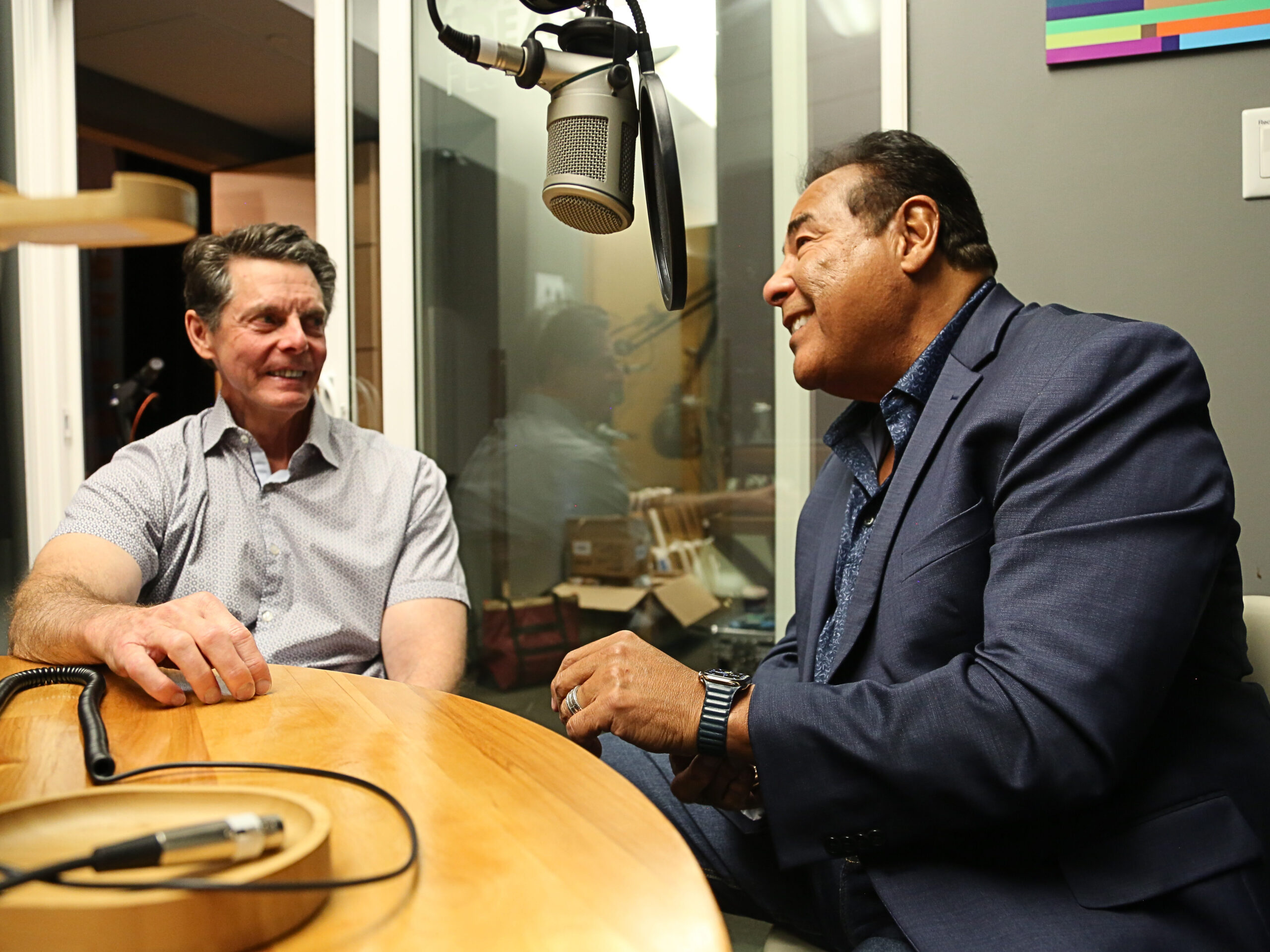
Taking inspiration from Quiñones’ What Would You Do? series, the podcast was titled What Could You Do? The Power of Perspective. Wesolowski and Quiñones discussed the connection between storytelling and service. Wesolowski expressed the value of community perspective when it comes to creating community-led solutions. “We believe that the people closest to the challenges are the people that need to be leading the discussion.” Quiñones added, people must push past their own biases if they want to learn and collaborate with others, “They can teach you more than what your pre-conceived notions are about the community.”
Shortly after the podcast recording, some of the MHM delegation attended the opening session for the conference, where 10 speakers shared their “big ideas” related to their fields of expertise. Marty Kaplan is the director of the Norman Lear Center, USC Annenberg School for Communication and Journalism. He emphasized the importance of storytelling and pointed to the role social media has in building narratives around health; he said, “fostering narrative accuracy isn’t just an outreach tactic, it’s a public health intervention; let’s give it the strategy and scale it deserves.”
Ideas inform and inspire
On day two, before the official AIH sessions began, the delegation attended Strengthening Communities: Investing in Local Leaders and Collective Action – a panel discussion hosted by the Aspen Global Innovators Group in partnership with the McNulty Foundation. Vanessa Tobares, Director of Strategy at MHM, was on the panel. She shared how the organization has focused its efforts and resources to strengthen communities across its service area. Tobares explains why it is important to share best practices with other thought leaders, “MHM needs to have a presence to elevate our work and the work of our partners at a national level, so that we can serve as a thought partner and contribute to shifting the narrative about what it takes for communities to be healthy.”
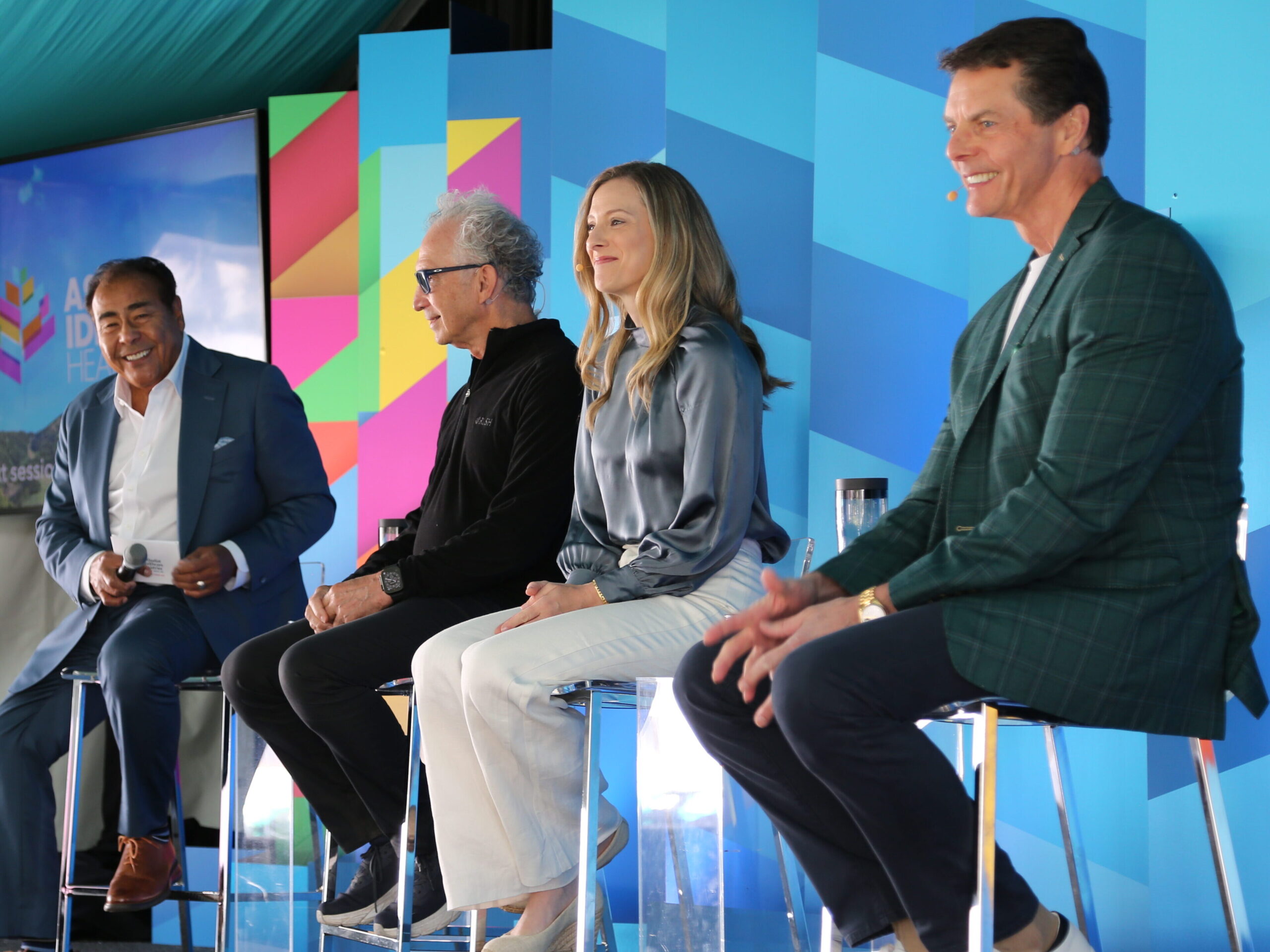
Follow the Money, For Good was a panel discussion hosted by MHM and moderated by Quiñones. Wesolowski was one of three panelists, which included Alyson Nieman, CEO, Mindful Philanthropy, and Dr. David Ansell, Senior Vice President for Community Health Equity, Rush University Medical Center. The topic drew interest from many AIH attendees as they learned the value of going beyond clinical care to invest in communities. Each of the panelists shared ways organizations can shift their stewardship and investment practices to advance their support across communities. “We must start our investments not where we might see more immediate impact, but where the greatest need—and sometimes fiscal risk—lies to truly be transformative in our accompaniment,” said Ansell.
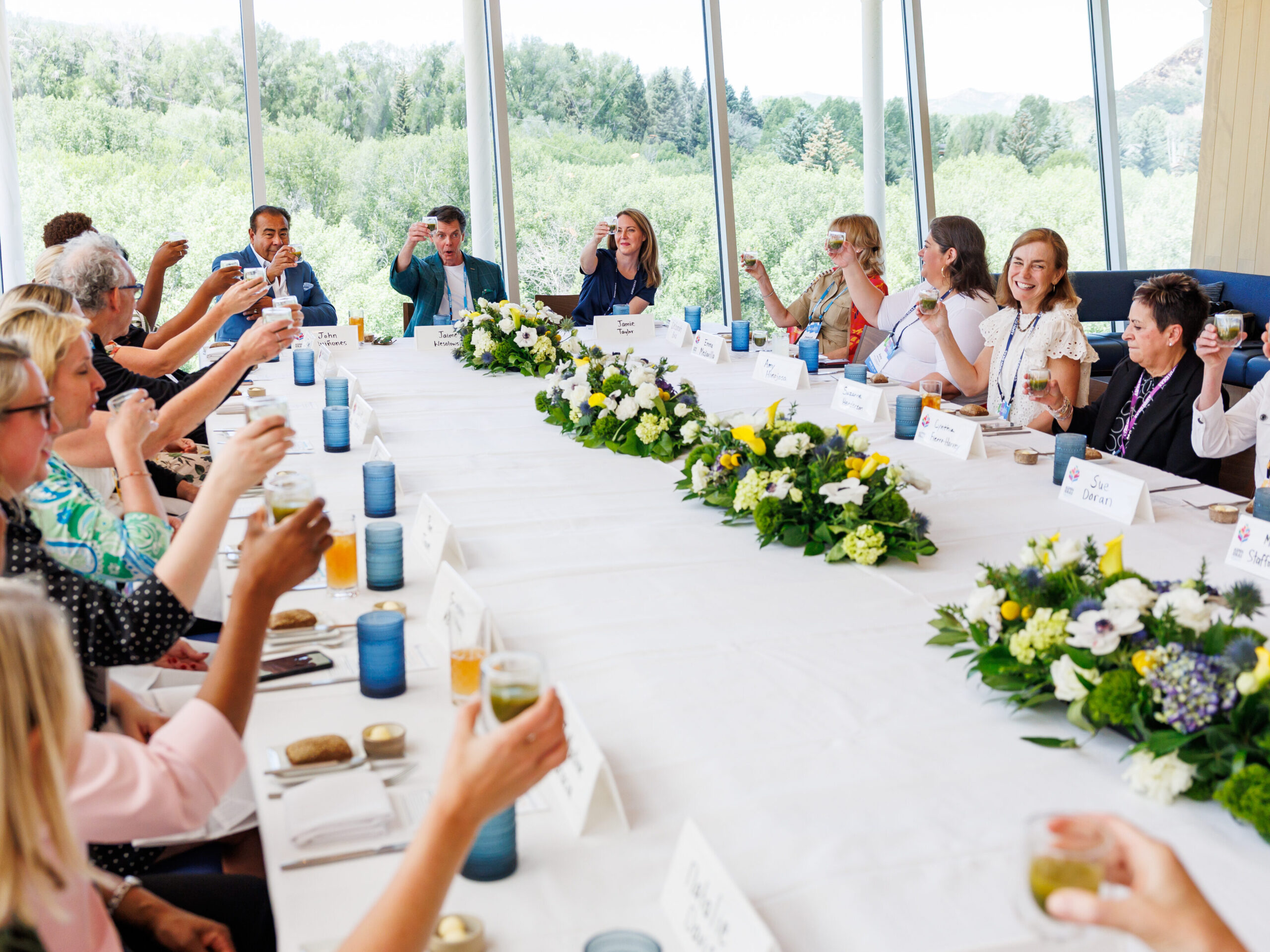
MHM later hosted a private roundtable luncheon, Food as Friend – or Foe. System change thinkers, community leaders, and health and food advocates were invited to the table to discuss food systems and their overall role in physical, mental, and spiritual well-being. Attendees were greeted with a “Shot of Salud,” a green blend of healthy vegetables, fresh fruit, and fiber. Wesolowski raised his glass and shared how the concoction became a daily ritual which gave him strength during his cancer treatment and later into remission. Wesolowski credited his wife, for finding the recipe and preparing the shot for him each day. The conversation later grew into a deeper discussion about the people who prepare and cultivate food systems. Bishop Cynthia Fierro Harvey of the Rio Texas Conferences said, “When I think about who’s missing from the conversation; it’s my mom, my Tia and my abuela, their love language is food—and their voice matters in shaping the future of food system narratives.”

Ideas and innovations continued to be shared during the final days of AIH. Each session and speaker illuminated the progress that has been made toward better health outcomes while acknowledging the work that still needs to be done. This exchange of best practices fueled the delegation’s passion and purpose in their own line of work and opened the door for possibilities. MHM recognizes the value of global stages, like AIH, as it allows the organization to share its journey with other thought leaders and highlight the service of its team members across the region. By building upon its strategic focus areas and forging new partnerships, MHM will continue to create a pathway toward better health outcomes; a testament to the power and potential of ideas.


